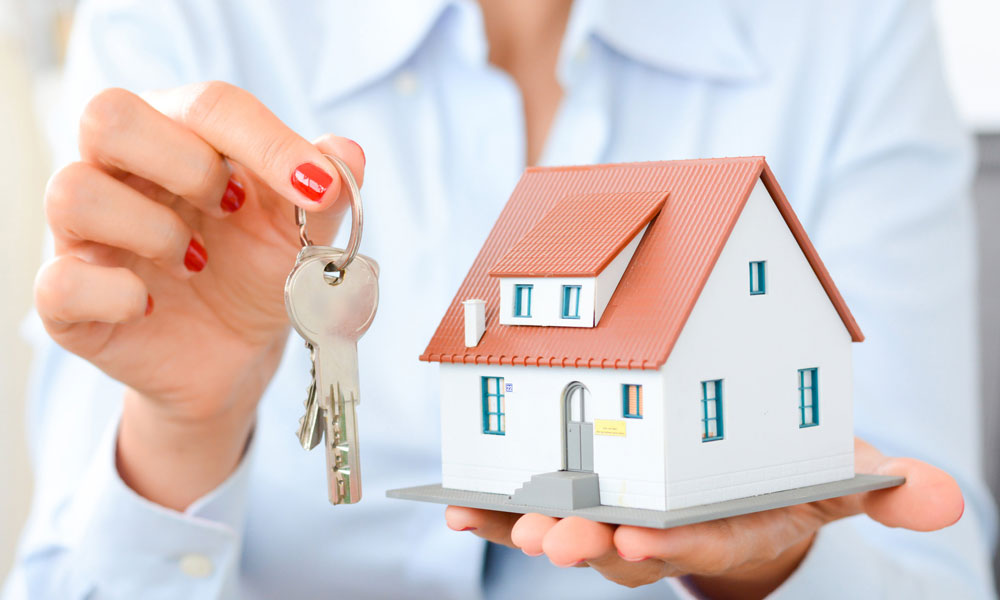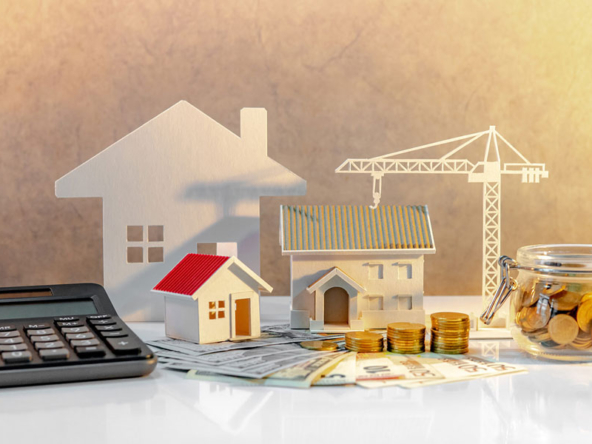Whether you plan for a long-term investment or want to save for your retirement, investing in real estate property is the best idea. That is why many people invest in rental properties; they buy them and rent them out. Not only do they enjoy monthly income through rents, but with property appreciation, they also get additional profit in the long run. Therefore, the rental property is always a good idea to invest today and get the long-term monetary benefits and added monthly income.
1. Ready to be a landlord?
It is mainly said that landlords enjoy the monthly rents from their rental properties by simply sitting at home and doing nothing, but that is not true. The landlords do have lots of things while renting out the property. They have to make legal contracts with the tenants, repair and fix the issues in the property, keep an eye on the condition of their property and resolve the problems faced by the tenants at the same time. It might sound a little overwhelming, especially when you are retired and don’t have much energy to do the chores by yourself. Therefore, you can also hire a property manager to manage your property and leave all these tasks to them, but for that, you must get ready to share your profit with them.
Property management is also a good idea if you don’t live in the area, city, or country where your property is or have multiple properties to manage
2. Pay your debt first
Those who have any personal debt like medical bills, study loads, loans from banks or government for their business or car, or maybe they have children who will proceed with their higher studies soon should reconsider investing in the rental property. When you have unavoidable financial responsibility, which is taking a big chunk from your income, adding another burden is not a good idea. The debt or home loan you accept to buy the rental property will be higher than the return on equity and monthly rent you will get. That is why you should remain in the margin of safety where you don’t lose all your cash or income in paying debts.
3. Secure a down payment
Either you are applying for a home loan or home finance, the government or bank will ask you for a down payment, usually 20-30% of the actual price of the property. That is why if you are planning to invest in the property for rental purposes, you should have the amount of down payment.
Another way of saving yourself from the hassle of having a down payment is to either buy the property at its total price or buy in partnership, where the down payment is divided between the number of partners. But in that case, remember you will have to share the profit too.
4. Invest in the right location
For many real estate professionals and property dealers, this is the first point to consider and the most important one. The last thing anyone wants is to be stuck with the real estate property in the price-depreciating location rather than areas picking upstream or much stable. The cities or locale with the growing population and revitalization plans in progress are signs of potential investment opportunities.
While investing in a profitable rental property, always look for the areas with a decent school district, amenities like malls, parks, restaurants, movie theaters, and markets. Most importantly, with low property taxes to save money. In addition, a location and neighborhood with access to public transport, low crime rates, and a growing job market mean a good number of potential renters.
5. Invest in the ample space
The large properties sell at a higher rate. That is why if you have the budget and choice to invest in the small or large property, consider the property with more space (analyses other influencing factors too). Sometimes the more prominent properties tend to take out a large sum of your investment. With every penny you pay for an additional square inch of your property, you will get better returns and profits in the long run. That is why if you can afford it, invest in a property that has more space.
6. Calculate the unexpected costs
It is not just upkeep and maintenance costs that can consume your rental income, but there is always the potential for an emergency to eat into your rentals. From minor accidents like pipe bursts in your kitchen that can destroy your kitchen floor to a hurricane. Set aside 20 to 30% of rental income for unexpected costs that come along in addition to your yearly home repairs.
7. Buy a low-cost property
Always remember, the more expensive and bigger the house you will buy for the rental property, the greater your expenses will be. Maintaining and repairing for high-cost home is also higher, and you might end up spending more money than you have estimated. In addition, real estate agents advise never to buy the prettiest house for sale if you are willing to rent it out. Not only will it cost more but also it is going to be expensive to maintain it. But this is only advised if you are planning to rent it not willing to live in it.
8. Know legal obligations
Rental owners need to know and understand the landlord-tenant law in the country or state and locale. It is not only essential but beneficial too. For example, your obligations as a landlord and the tenants’ rights related to the eviction rules and notices, security deposits, fair housing, significant property damages by the tenants, repair and fixing to avoid any legal issues.

